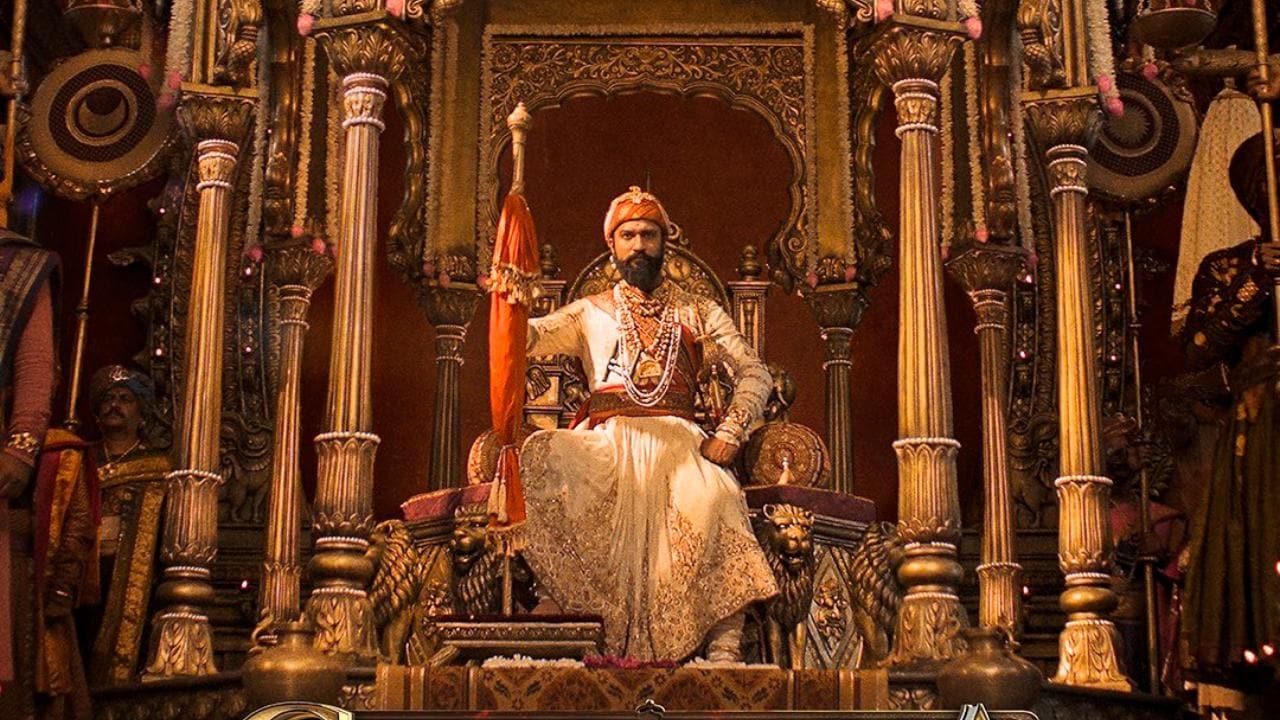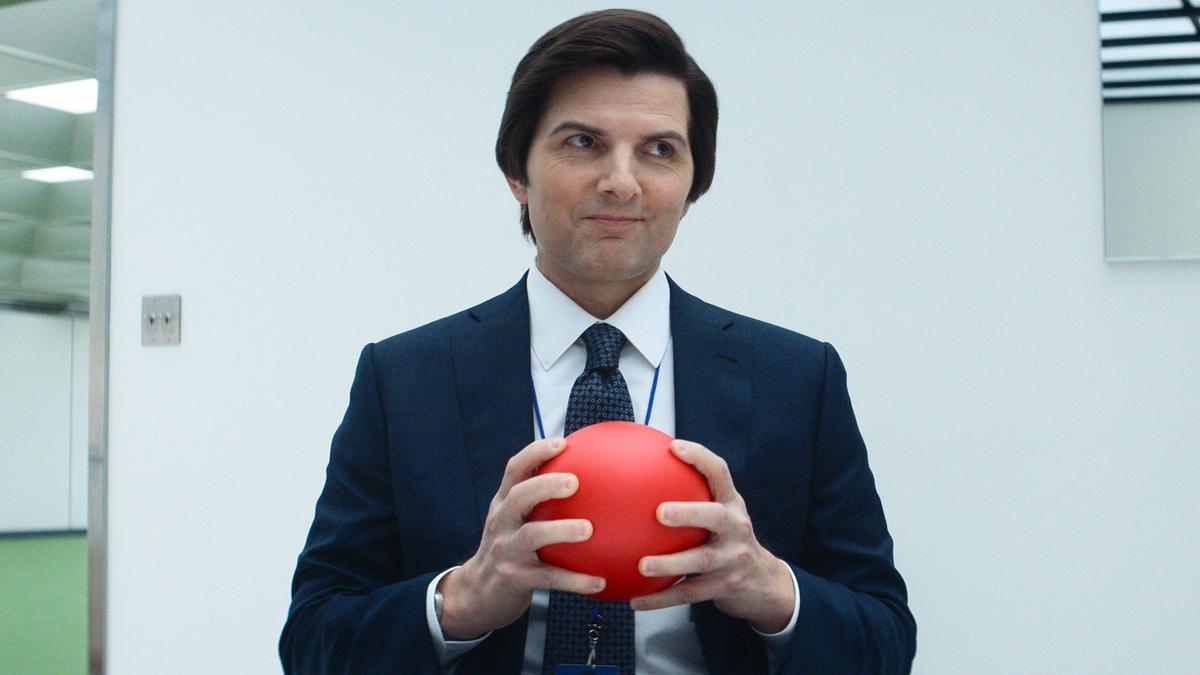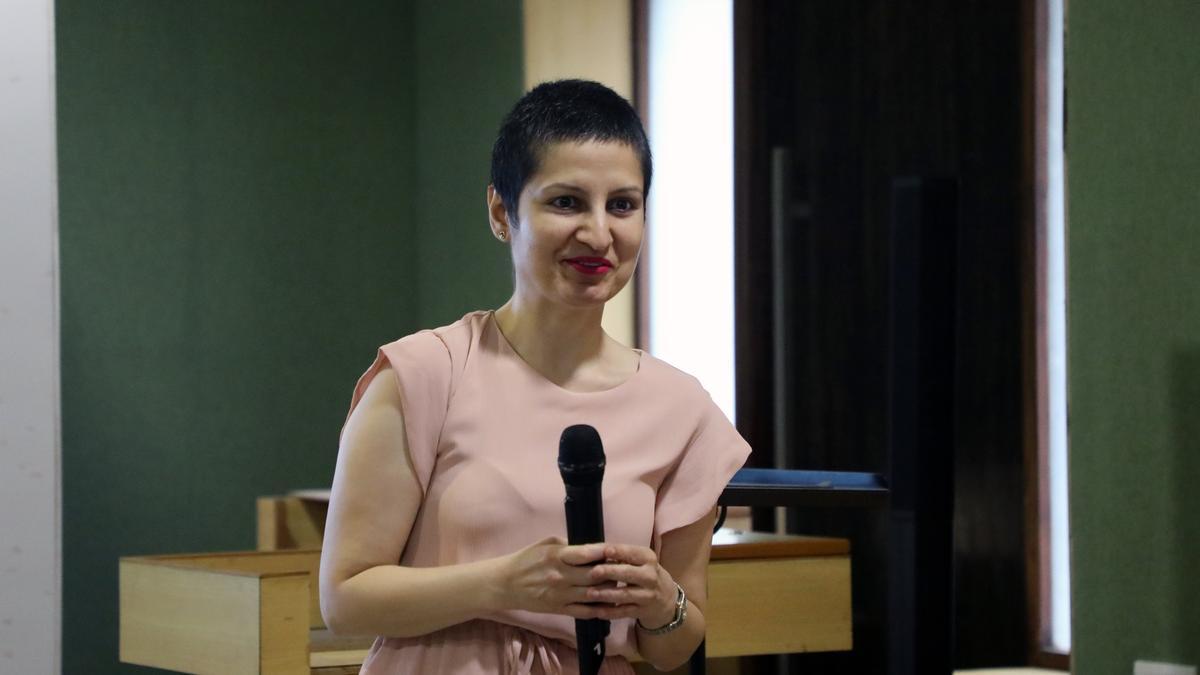
The morning after the 2024 Grammy Awards was one resplendent with pride and elation for India, with its artists emerging not just as attendees but as triumphants on one of music’s most coveted stages. Shankar Mahadevan, the voice and composer celebrated for his versatility, found himself bathing in the acclaim, not for his individual prowess this time, but as a part of the esteemed fusion group Shakti. Alongside musical titans John McLaughlin, Zakir Hussain, Ganesh Rajagopalan, and V Selvaganesh, Mahadevan accepted the prestigious recognition with a blend of humility and national pride.
Proclaiming from the dais, “India, we are proud of you, India,” Mahadevan captured the sentiment of a billion hearts, weaving a thread of unison among the diverse population of his homeland. The collective breath of anticipation that had preceded the announcement was met with an almost otherworldly joy. “This feeling cannot be replaced by anything else. It can’t be described in words or with materialistic pleasures,” Mahadevan relayed to mid-day, a publication which captured the emotion and dialogues post-ceremony. His speech not only honored his bandmates but also personified the gratitude he holds for his partner, to whom he has dedicated every note of his musical career.
On further discussion about the elements that carved the niche for their Grammy-winning album among a multitude of global contributions, Mahadevan points to the diversity within their ensemble. With members hailing from France to California, and spanning across Mumbai to Chennai, Shakti encases the globe within its melodies, embodying the very essence of what global music aspires to showcase—boundless connectivity through art.
While Shakti’s win was indeed significant, it was the veteran tabla connoisseur, Zakir Hussain, who had an exceptionally laudatory evening, clutching not one but three Grammy statues. The gravity of such an achievement suffused the air with a mix of shock and gratification, only hours after the announcement, as Hussain humbly acknowledged the confidentiality and exhilaration that accompanies the ceremony. Alongside Bela Fleck, Edgar Meyer, and flautist Rakesh Chaurasia, Hussain brought home Best Global Music Performance for “Pashto” and Best Contemporary Instrumental Album for “As We Speak.”
Chaurasia, a debutant to the Grammy nomination list, found himself overwhelmed with pride for the dual recognition granted to him as an Indian artist. To the surprise and delight of onlookers, Chaurasia delineated how their project’s distinctive mix of bluegrass, jazz, and Indian classical music wove a tapestry rich with cultural nuances, allowing them to emerge as leaders in a competition of innate creativity and understanding.
The recorded-live album, with its indigenous and intricate melodies, captivated the Grammy committee. “Pashto,” a composition by Hussain, reminiscent of his childhood, found its wings through the infusion of Fleck’s bluegrass, Meyer’s jazz, and Chaurasia’s classical bansuri efforts. The seven-beat cycle composition was more than rhythm—it was the amalgamation of years of tutelage and passion, a dedication to Chaurasia’s own legendary guru, Pandit Hariprasad Chaurasia.
While Indian artists bathed in the glory of their wins, the rest of the evening saw talents such as Taylor Swift clenching the Album Of The Year award, while Billie Eilish was honored with Song Of The Year. The Grammy night, eternally a mosaic of diverse artistry, had special resonance this year for the Indian contingent as these musicians returned home not only as ambassadors of their genres but as beloved narrators of India’s unfolding story on the world stage.










